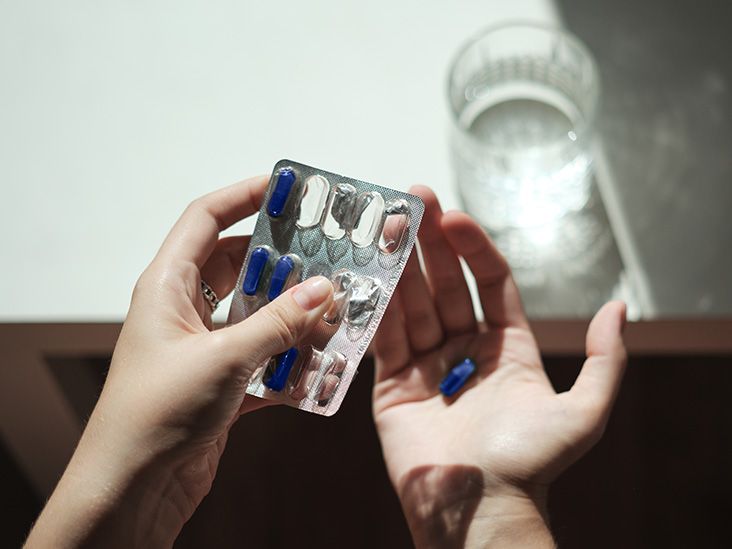People with celiac disease often have low bone mineral density (BMD), which can lead to osteoporosis. The bones of someone with osteoporosis become thin, fragile, and more likely to break. “Osteo” means bones, and “porosis” means porous (full of holes).
A 2022 review of studies reported that 30% to 60% of people ages 15 to 35 years with a new diagnosis of celiac disease had low BMD, and 18% to 35% had osteoporosis. Up to 75% of people of any age with a new diagnosis of celiac disease have low BMD.
Some people may have low BMD but not low enough to fit the criteria for osteoporosis. This is called osteopenia — a precursor to osteoporosis.
Celiac disease damages the gut lining, so the body is unable to absorb the nutrients from food that are important for bone health, such as calcium. The average time between the first symptoms and diagnosis is 13 years. During that time, the bones do not receive the nutrients they need.
People with celiac disease need to eat a gluten-free diet, which means cutting out wheat, barley, and rye. People who begin a gluten-free diet at a younger age are less likely to develop low BMD than those who start it later. BMD often improves once people adopt a gluten-free diet.
People who receive a celiac diagnosis after menopause can find it harder to improve their BMD because they also have less estrogen. Estrogen slows the rate at which bone breaks down.
Risk factors for developing osteoporosis alongside celiac disease include:
- receiving a diagnosis at an older age
- having difficulty maintaining a gluten-free diet
- having lactose intolerance, as many calcium-rich foods contain lactose
- being underweight
- smoking
People with celiac disease can take the following steps to protect their bone health:
- eat a calcium-rich, gluten-free diet with adequate quantities of calcium and vitamin D (vitamin D helps the body absorb calcium)
- engage in regular weight-bearing physical activity, such as walking or jogging
- undergo regular bone density testing
- seek treatment or advice for any related hormonal issues, such as low estrogen
- avoid smoking and limit alcohol intake


